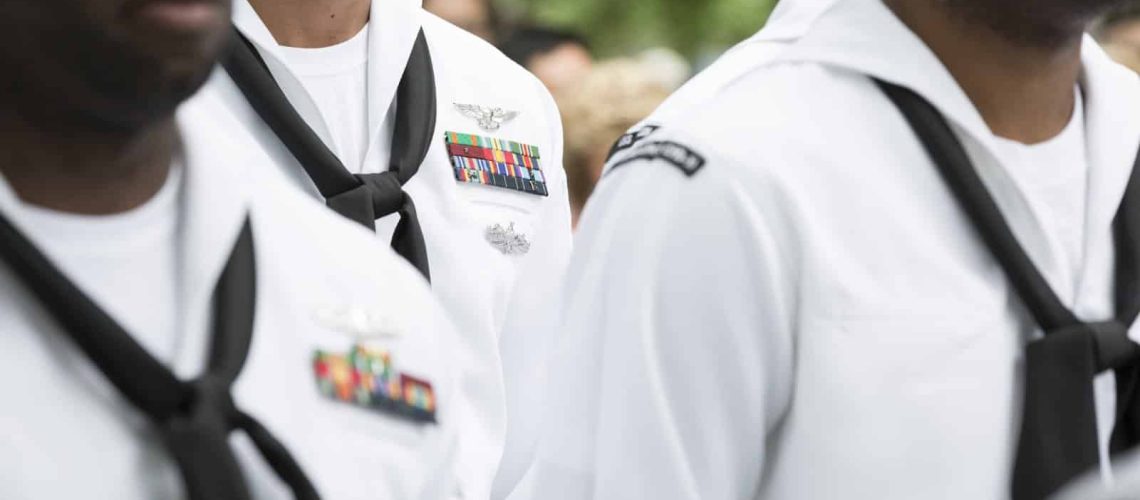The U.S. Navy has fully exonerated hundreds of Black sailors who were unjustly court-martialed during World War II.
The Port Chicago Explosion
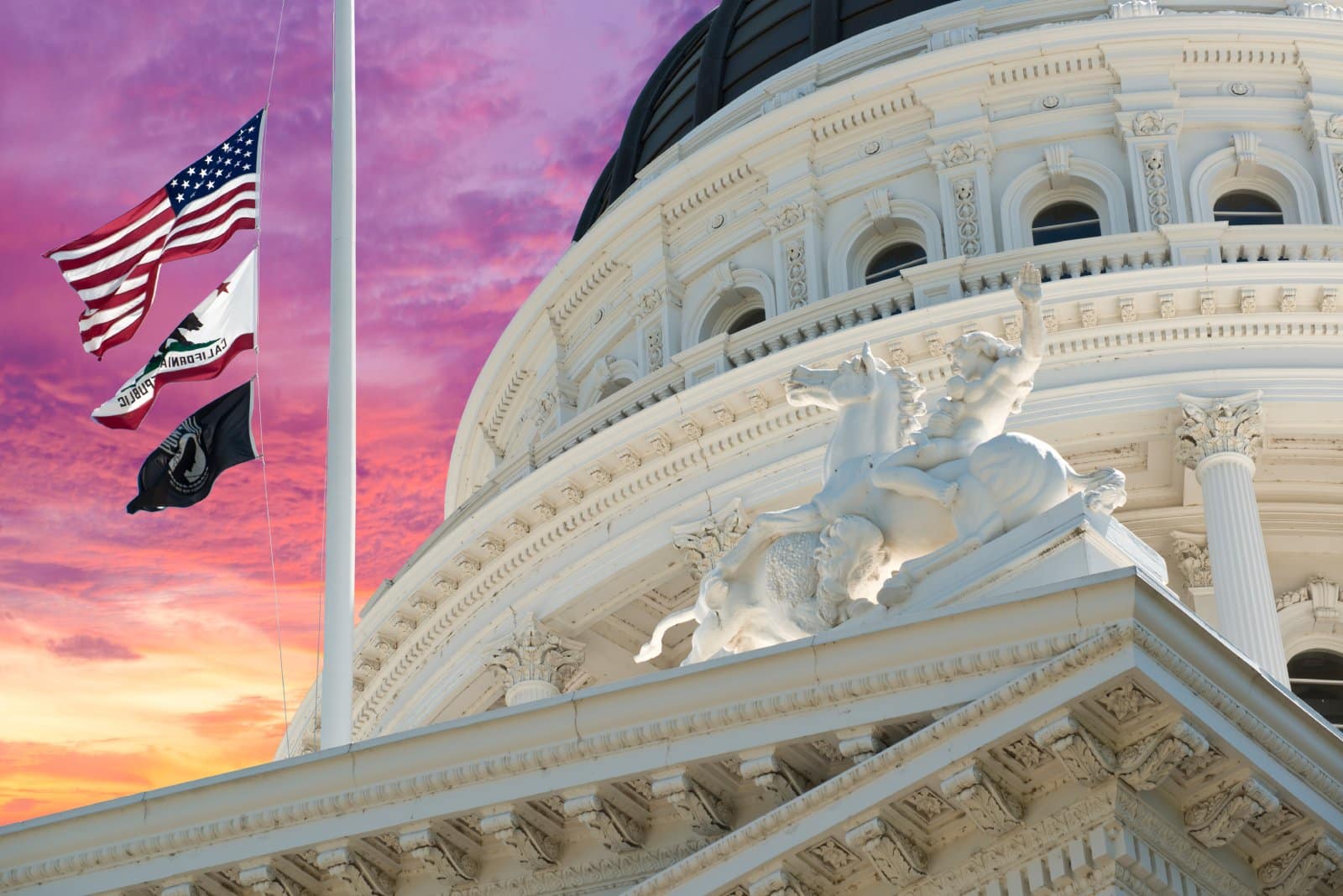
On July 17, 1944, a massive explosion at Port Chicago, California, detonated over 4,600 tons of ammunition, which caused widespread devastation to the area.
The Navy’s Greatest Mistake
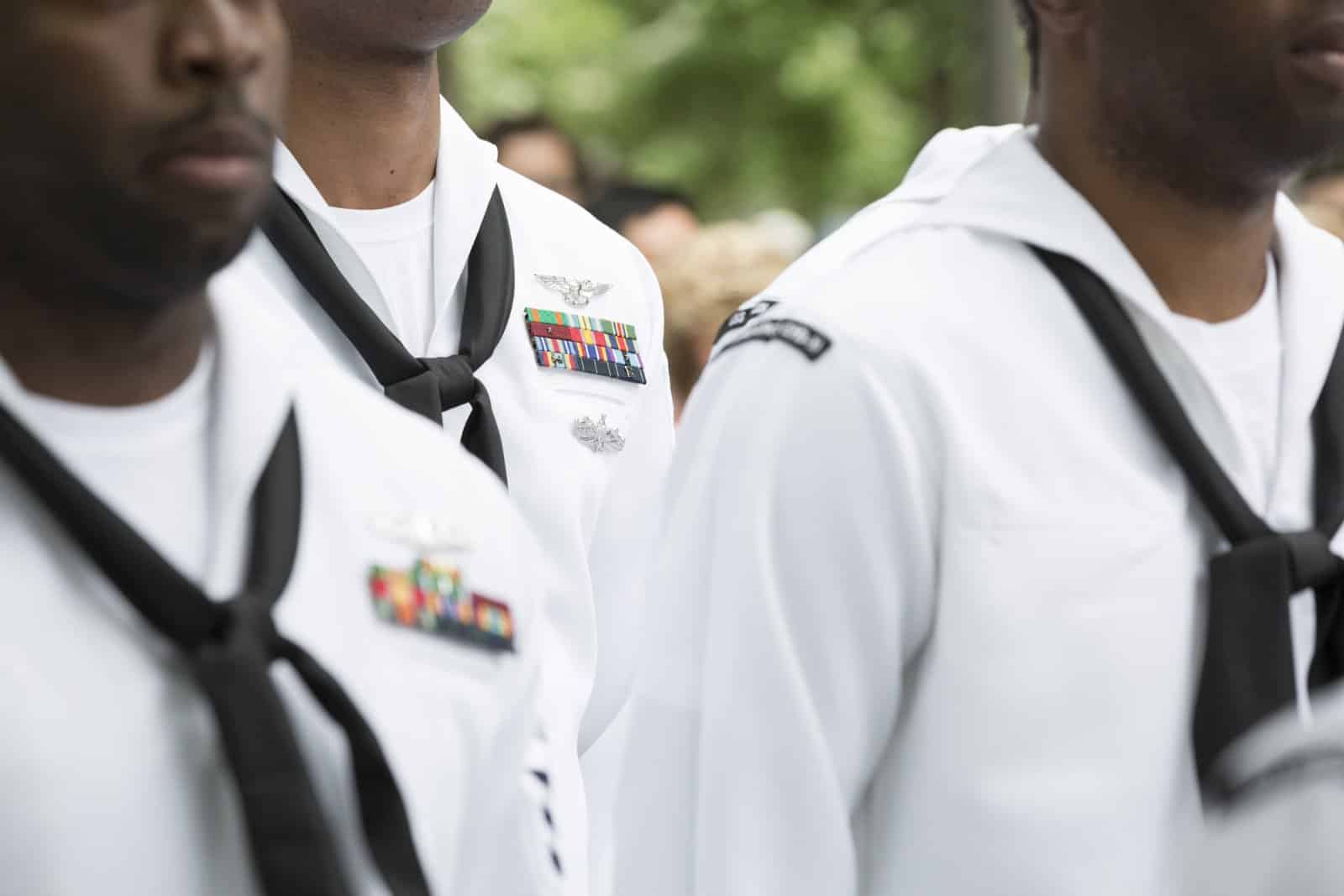
The blast resulted in the deaths of 320 primarily Black sailors and injuries to 400 others and created shockwaves that were felt as far away as Nevada, resulting in what is likely the greatest U.S. Navy safety failure of all time.
Immediate Aftermath and Racial Injustice

After the explosion, white officers on the Naval base were given hardship leave in order to heal from the event, whereas Black sailors were ordered back to work.
Back to Work
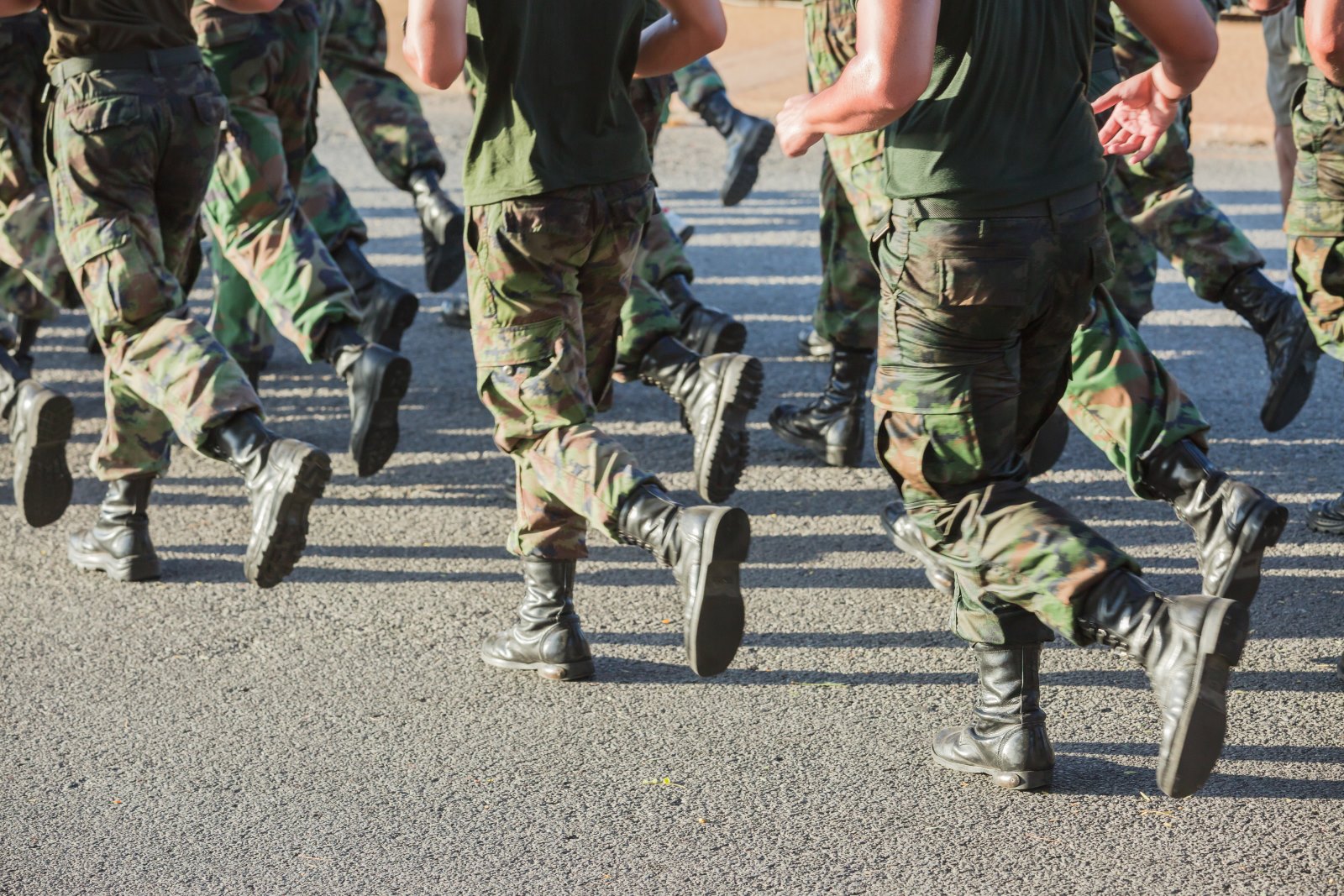
Shortly after the explosion, these Black sailors were taking on dangerous tasks without additional safety measures or an investigation into the explosion’s cause.
The Segregated U.S. Military Era
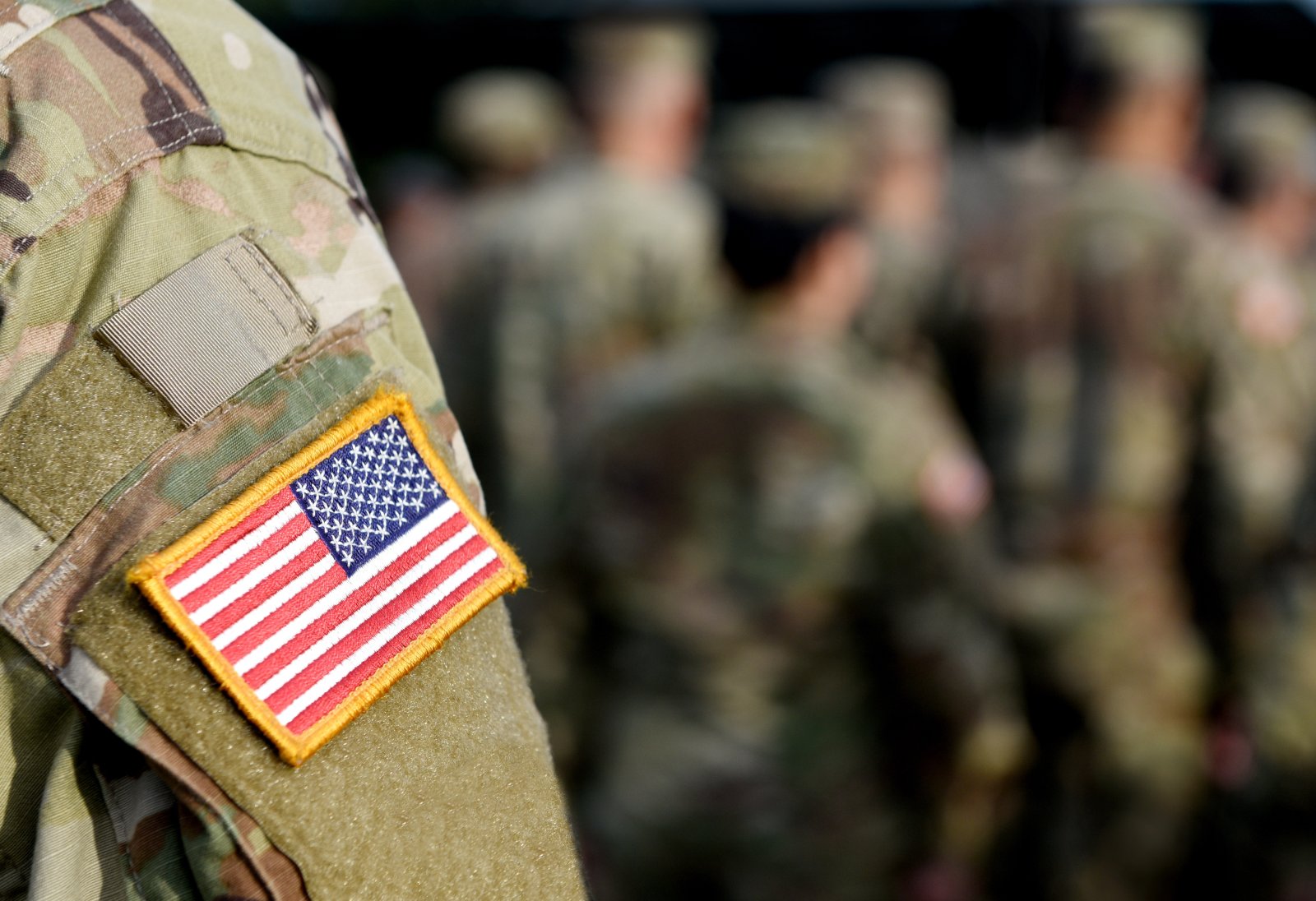
The stark contrast between how the white sailors were treated differently from the black sailors highlights the racial discrimination that infested the segregated U.S. military of the era.
Refusal to Work and Initial Punishments
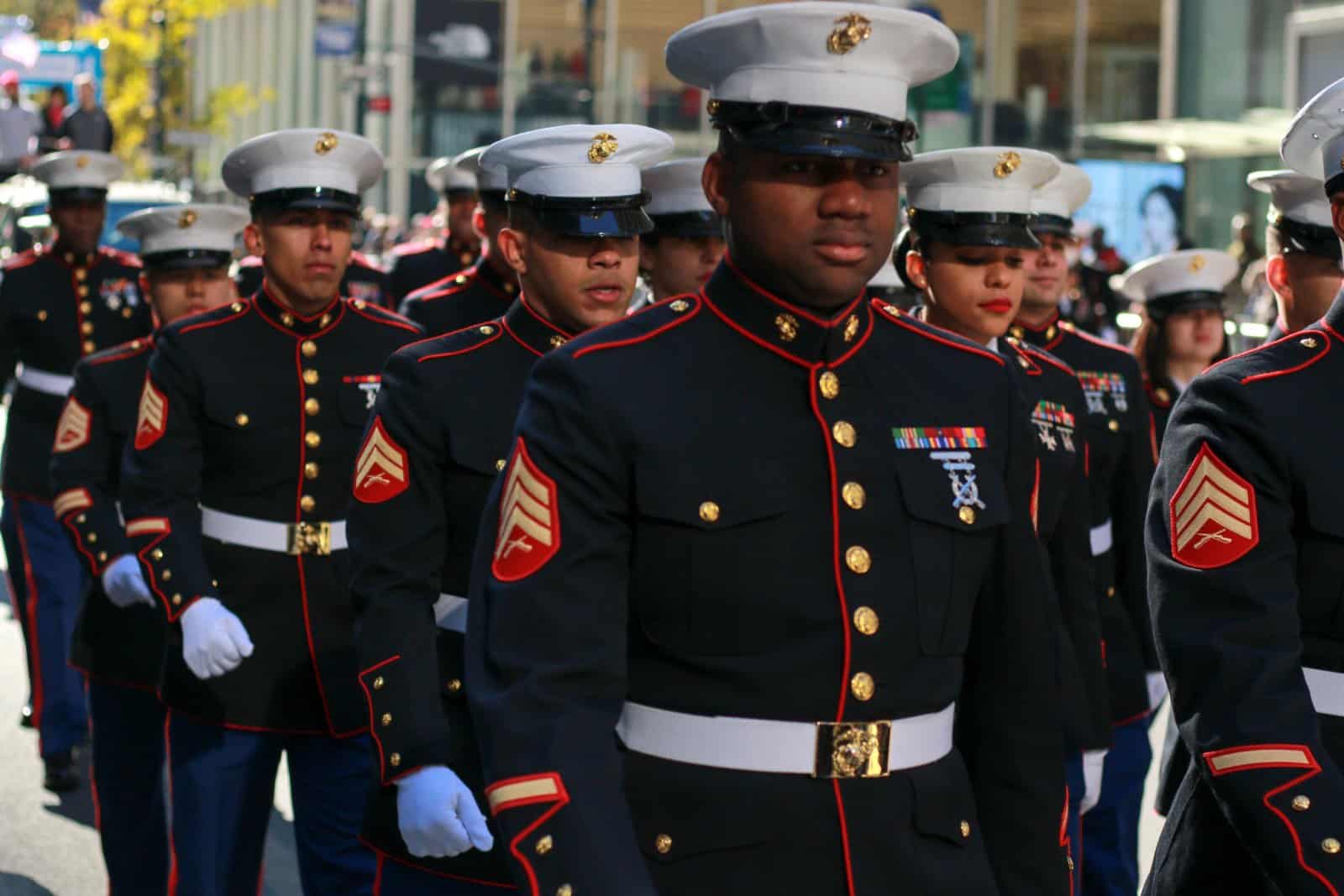
Out of safety concerns, 258 Black sailors refused to resume handling munitions, but eventually, 208 were forced to return to work under threat of disciplinary action.
Court-Martialed Sailors
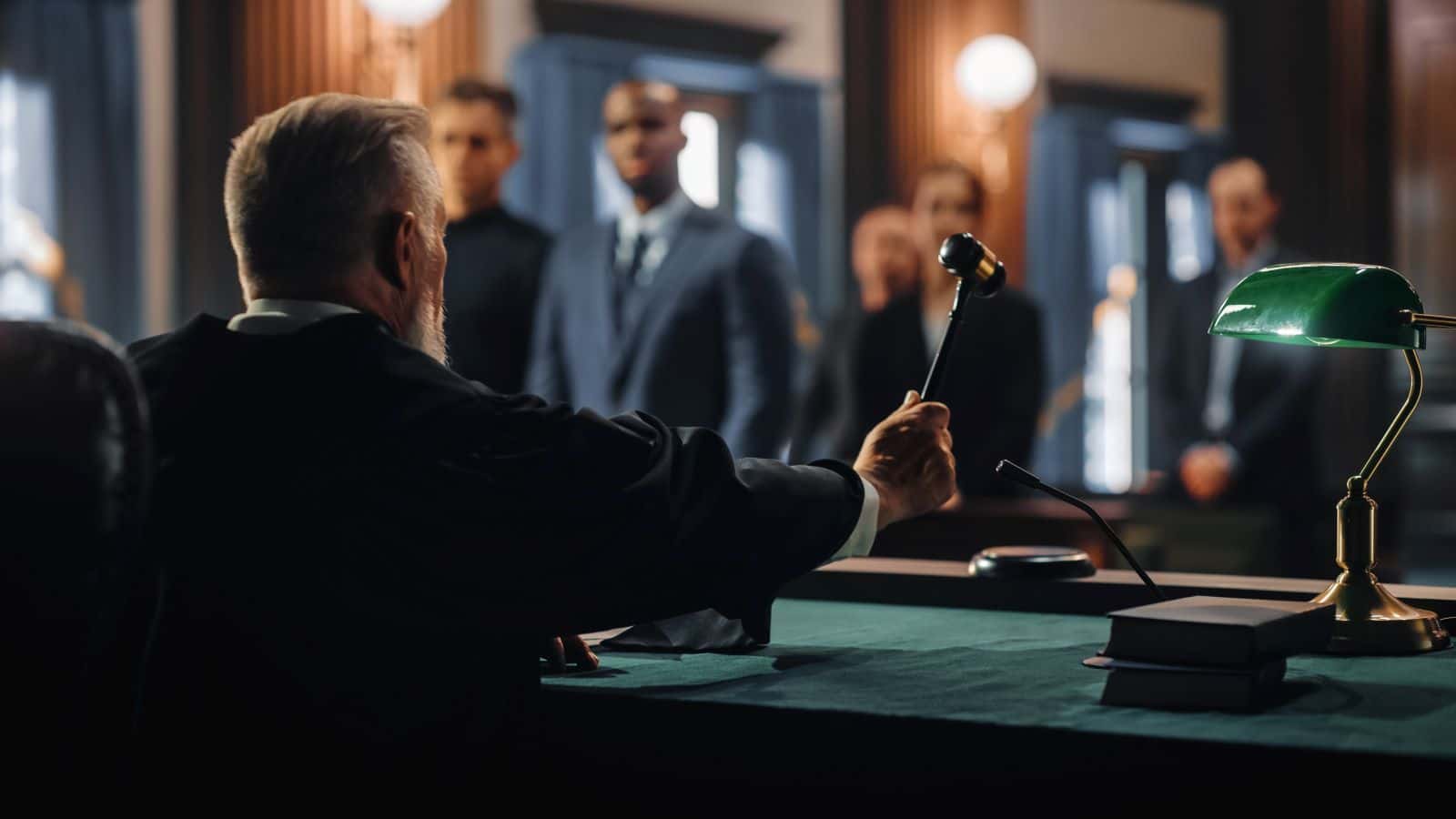
However, the 208 sailors were still court-martialed and received bad conduct discharges and forfeiture of pay, facing significant legal and personal repercussions despite their legitimate safety concerns.
The Port Chicago 50
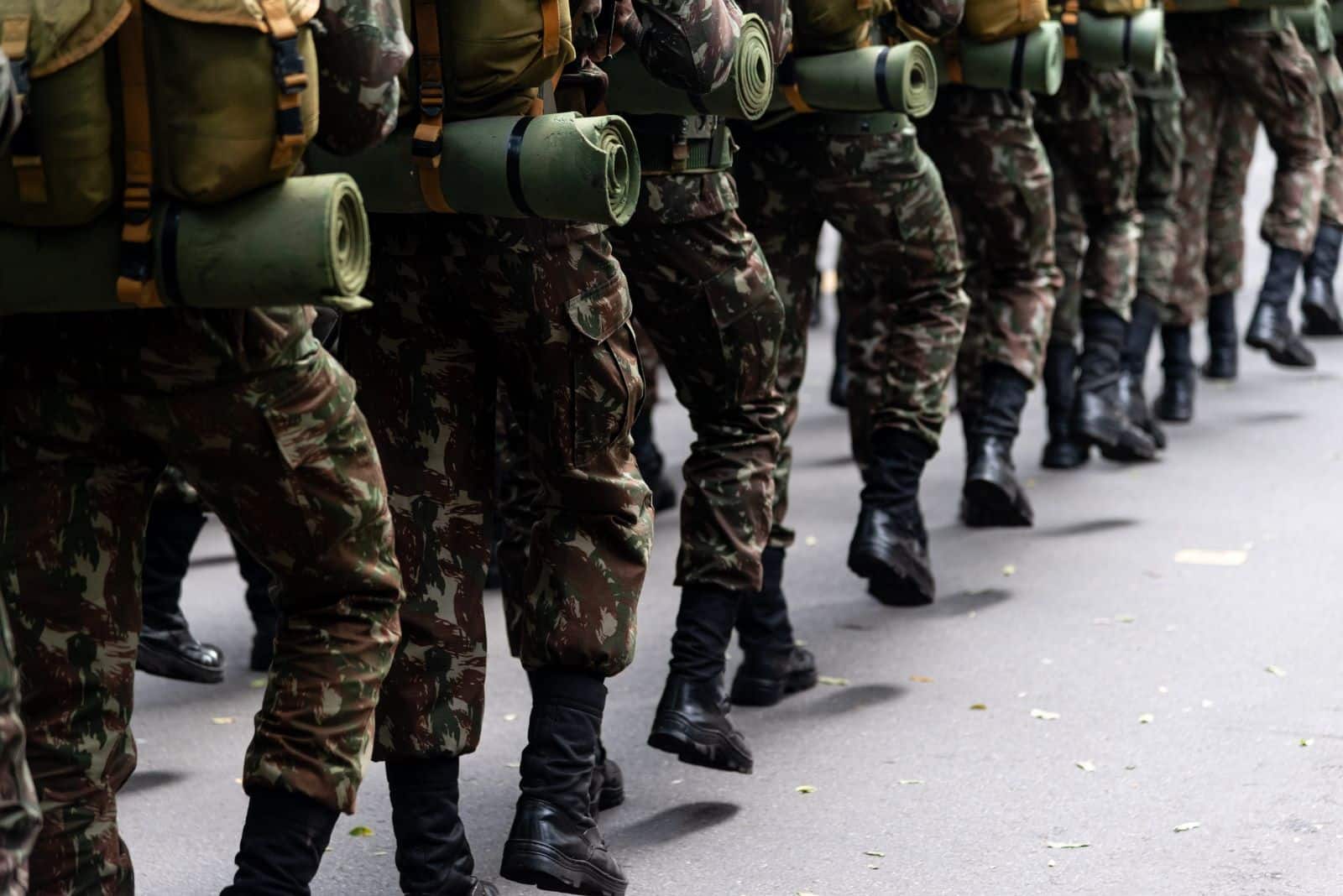
The remaining 50 sailors, known as the “Port Chicago 50,” were charged with mutiny, resulting in dishonorable discharges, confinement at hard labor, rank reductions, and total forfeiture of pay.
Double Standards

This mass court-martial and its severe sentences underscored the double standards and harsh treatment of Black sailors in the Navy when compared to their White counterparts.
Legal and Public Advocacy
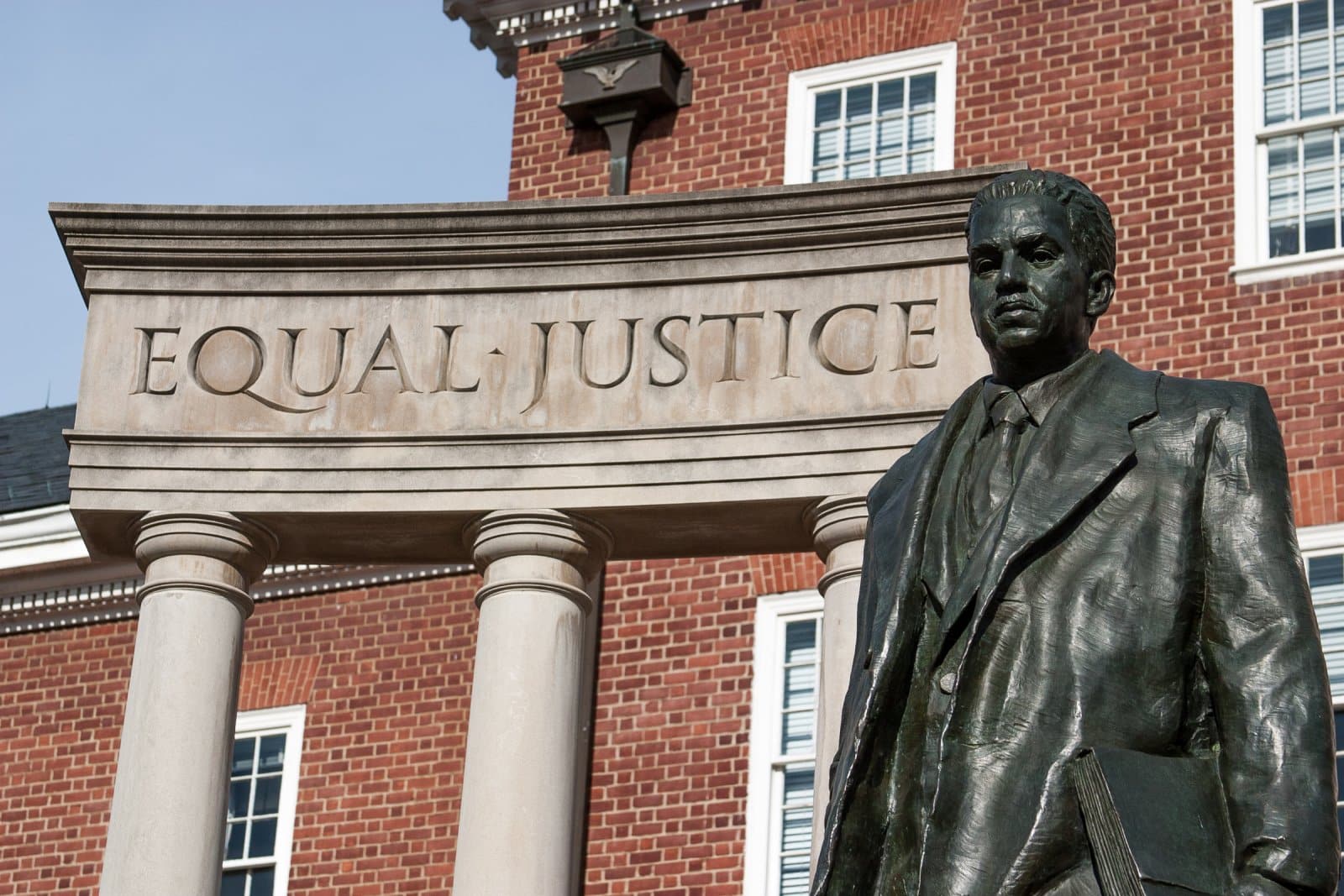
The case drew national attention, partly due to the efforts of advocates like Thurgood Marshall, Eleanor Roosevelt, and the NAACP.
A Normal Reaction

Thurgood Marshall represented the sailors, emphasized the injustice of the charges, and argued that their actions were a “normal reaction of deep and terrifying fear.”
Thurgood Marshall’s Advocacy
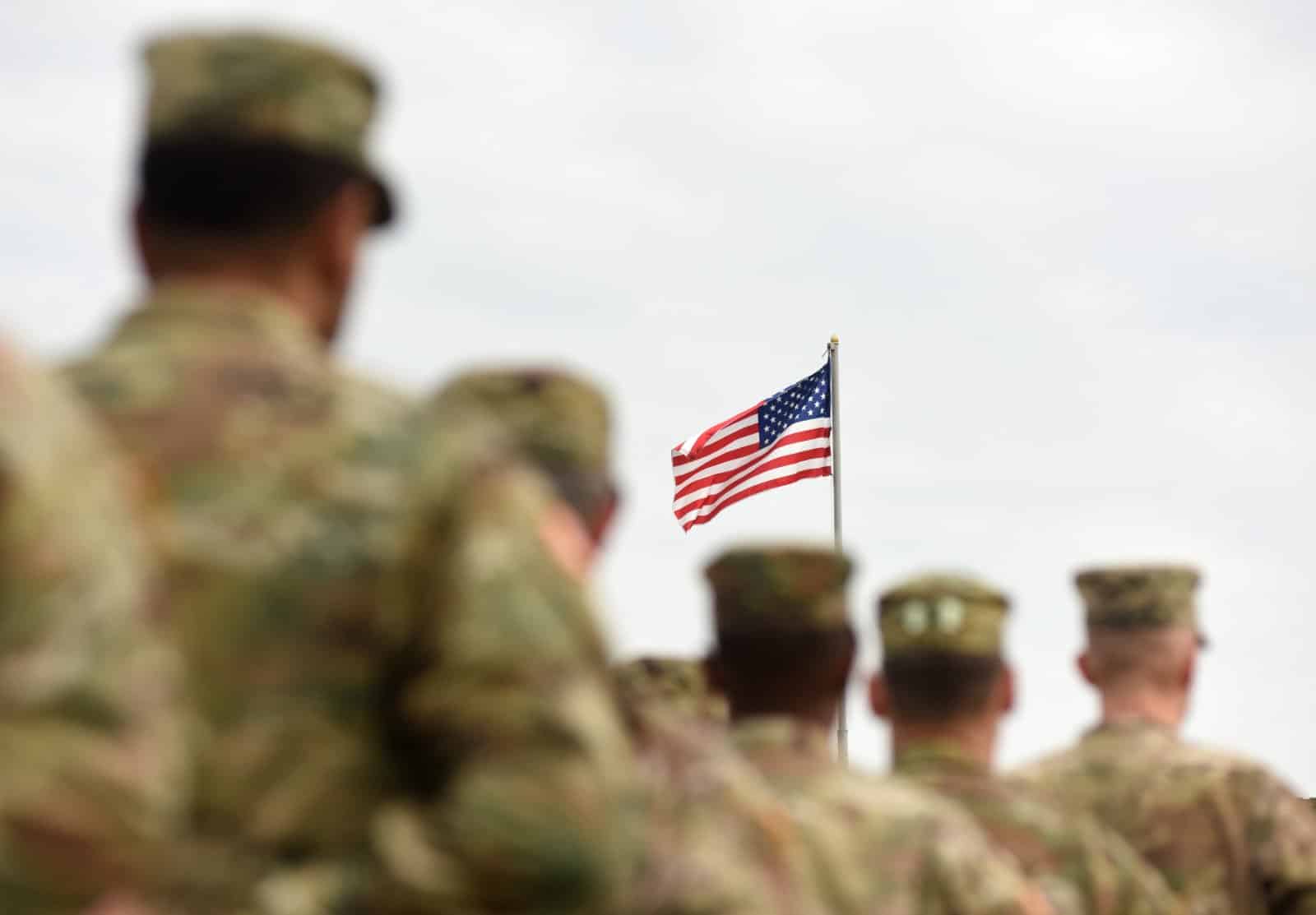
Marshall argued during the appeal, “Some of these men were placed on detail to clear up the debris. They had to pick up pieces of their comrades in baskets – an arm, a leg, a torso, and they were still suffering from the shock of that experience when ordered to load the transport on August 9.”
Presidential Pardon
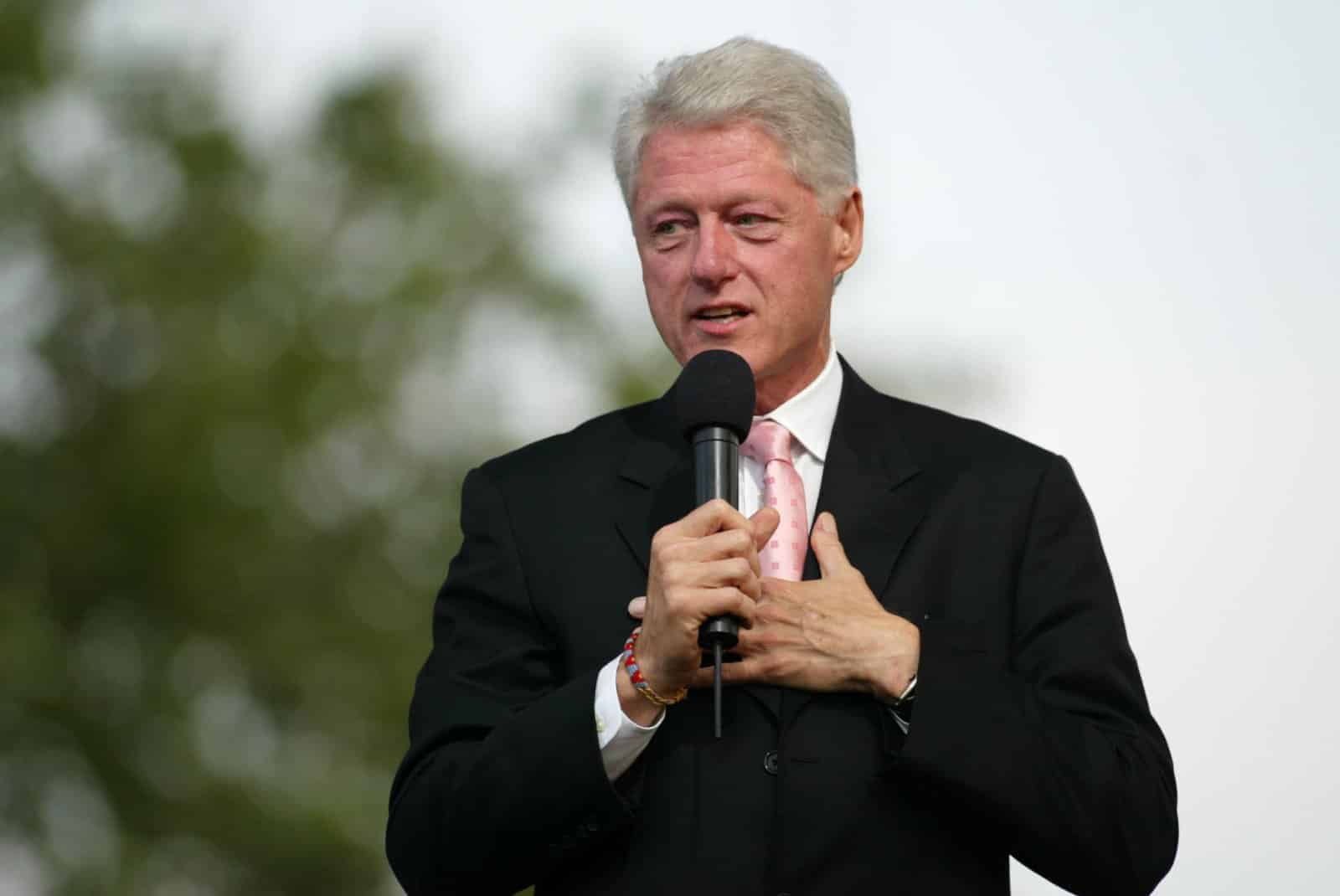
In 1999, Seaman 2nd Class Freddie Meeks, one of the Port Chicago 50, actually received a pardon from President Bill Clinton.
The World Should Know

After receiving the Pardon, Meeks stated, “After all these years, the world should know what happened at Port Chicago … It should be cleared up that we did not commit mutiny, and we were charged with that because of our race.”
Exoneration and Legal Review
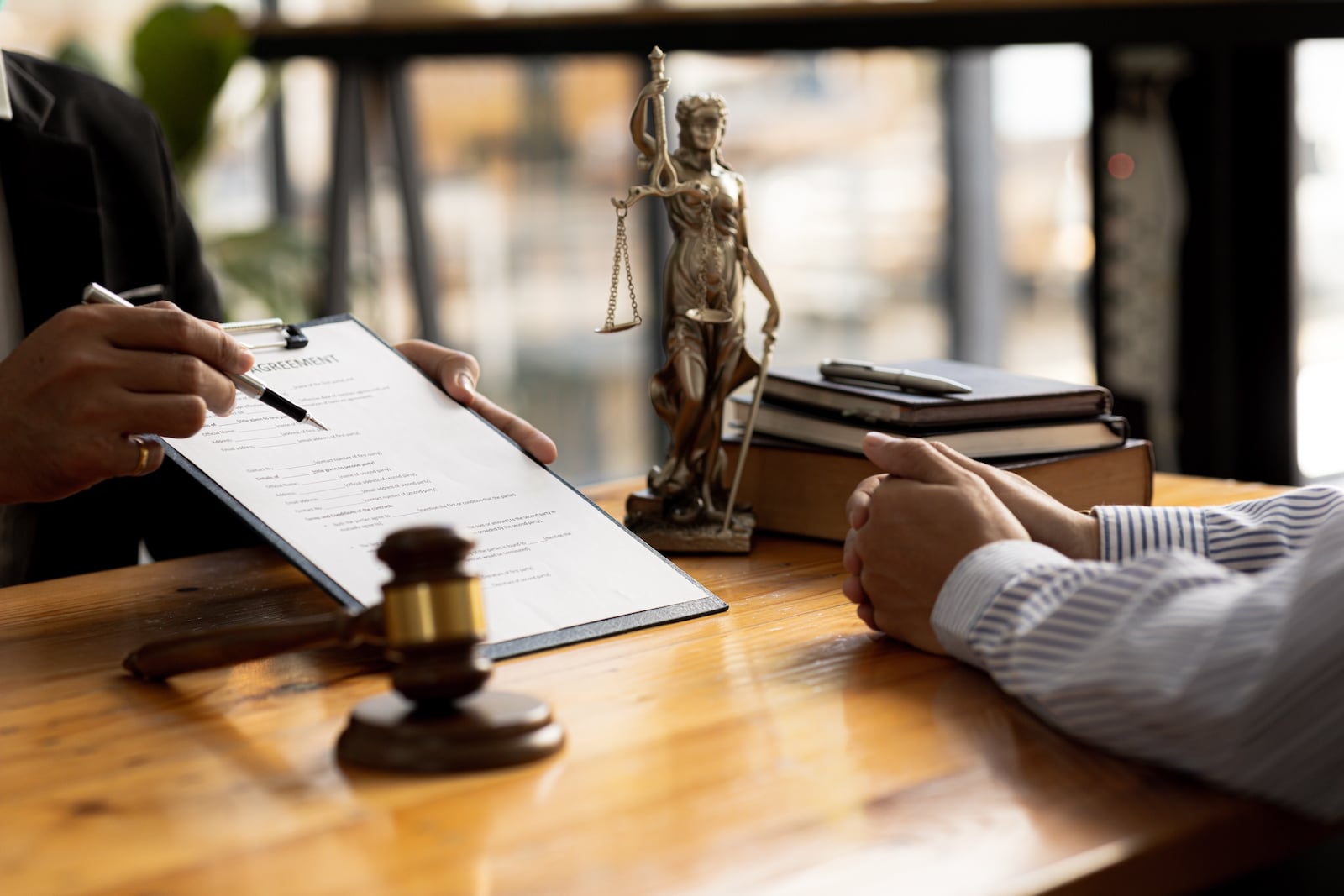
This most recent exoneration announced by Carlos Del Toro followed a thorough legal review that identified significant errors in the original court-martials, like improper trial procedures and denial of the right to counsel.
Secretary Del Toro’s Statement
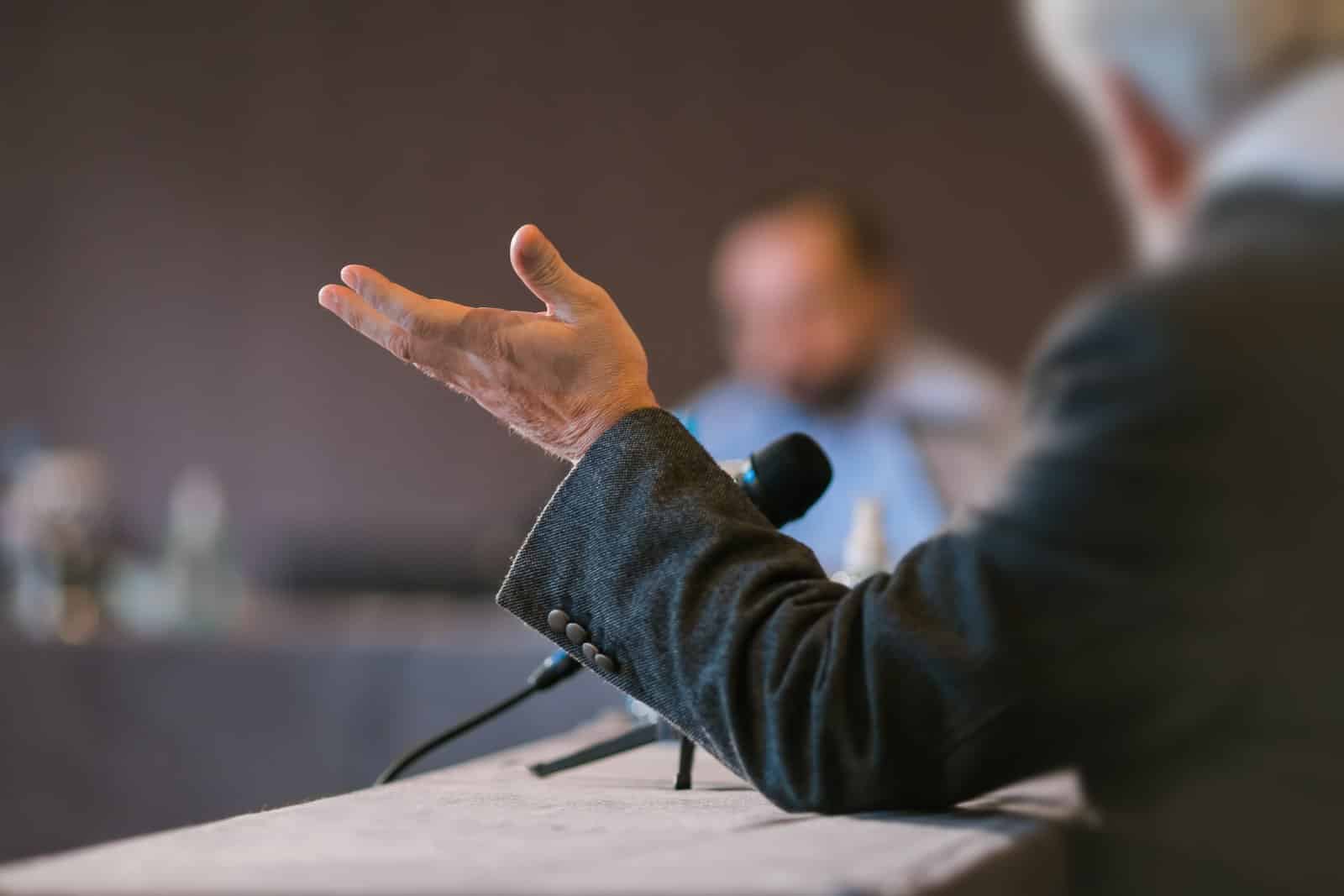
“The Port Chicago 50, and the hundreds who stood with them, may not be with us today, but their story lives on, a testament to the enduring power of courage and the unwavering pursuit of justice,” Del Toro said.
Broader Impact and Recognition

President Joe Biden and Secretary of Defense Lloyd J. Austin III also recognized the exoneration as a crucial step in addressing past injustices and honoring the sailors’ bravery.
Defense Secretary Austin’s Memo

“The NAACP, Thurgood Marshall, Eleanor Roosevelt, and others recognized the case as a travesty at the time,” Austin wrote. “The Department of Defense must continue to learn from our past, and today’s decision reflects our commitment to reckoning with our history, even when it is painful.”
President Biden’s Acknowledgment
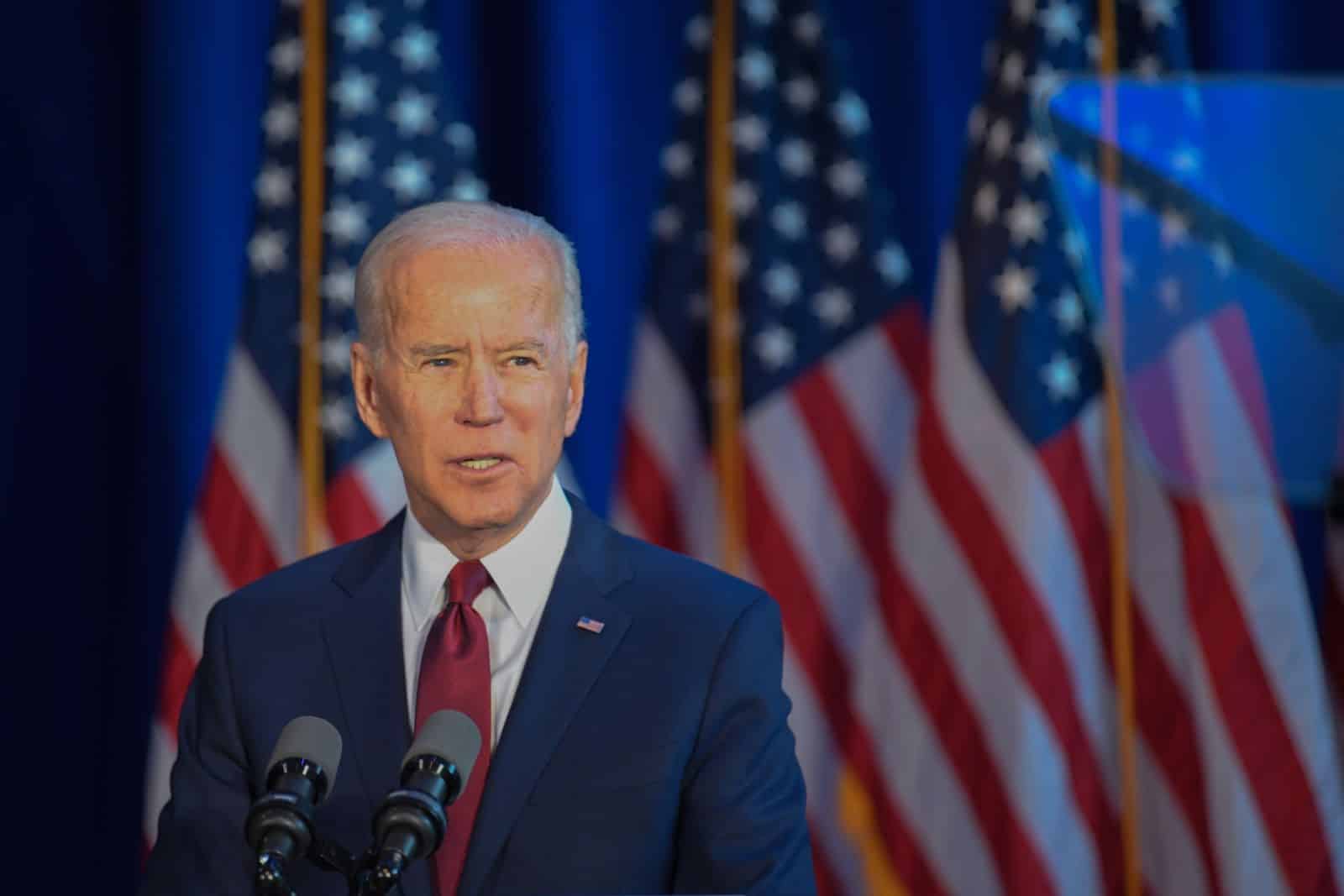
President Biden said, “This announcement marks the end of a long and arduous journey for these Black sailors and their families, who fought for a nation that denied them equal justice under the law. May we all remember their courage, sacrifice, and service to our nation.”
21 Beliefs About the Bible That Are Actually False

The Bible is one of the most discussed and debated books in history, yet many common beliefs about it are more myth than fact. How many of these misconceptions have you heard before? 21 Beliefs About the Bible That Are Actually False
21 Subtle Racisms That Are Commonplace in America

Racism in America isn’t always overt; it often hides in plain sight through subtle actions and attitudes. How many of these subtle racisms have you noticed around you? 21 Subtle Racisms That Are Commonplace in America
Only Legal in America: 21 Things You CAN’T Do in the Rest of the World
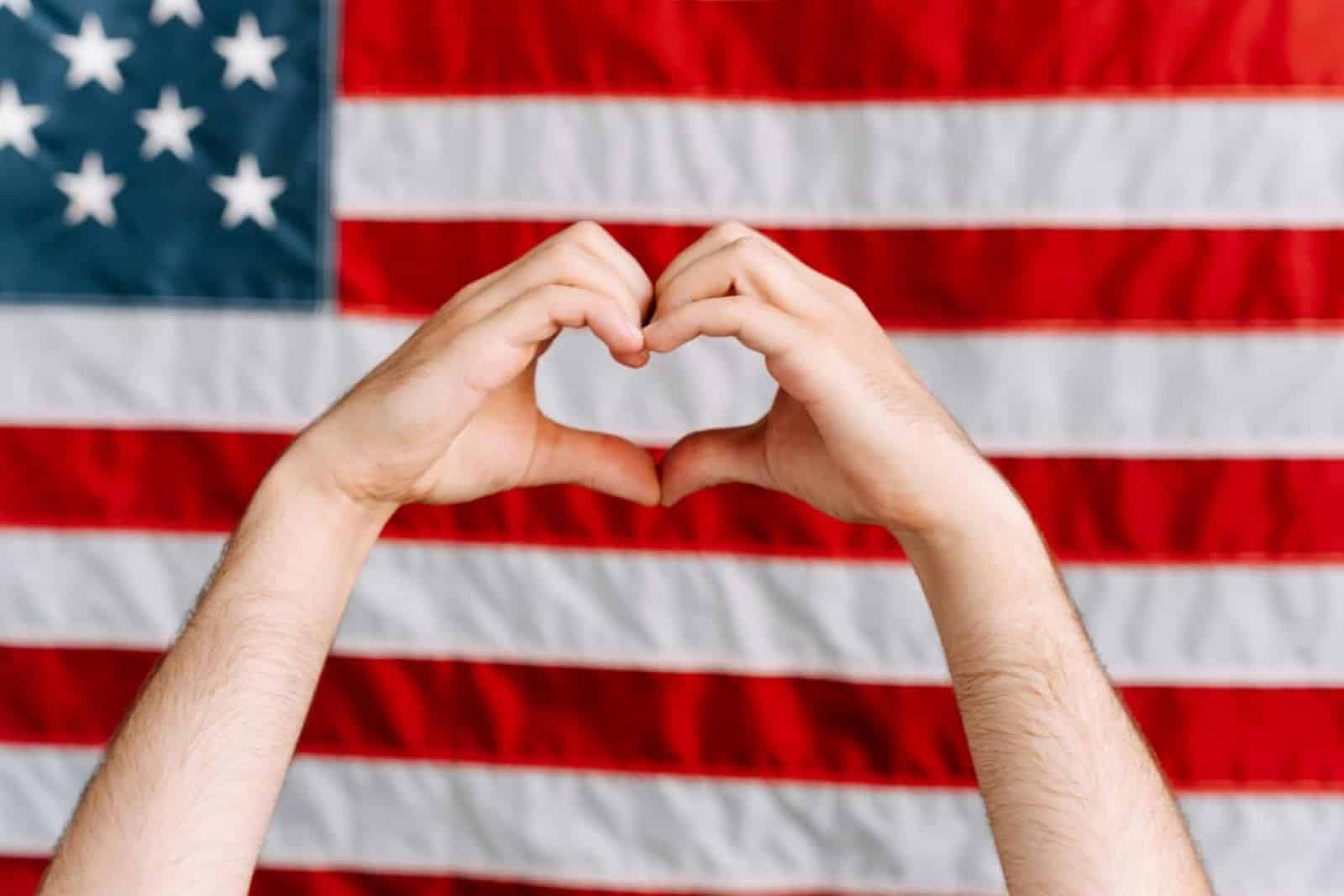
The U.S. dances to its own beat, especially when it comes to laws that make the rest of the world do a double-take. Here’s a lineup of things that scream “Only in America,” sticking strictly to what’s written in the law books. Ready for a tour through the American legal landscape that’ll leave you wondering if freedom might just be a bit too free? Only Legal in America: 21 Things You CAN’T Do in the Rest of the World
Featured Image Credit: Shutterstock / Militarist.

